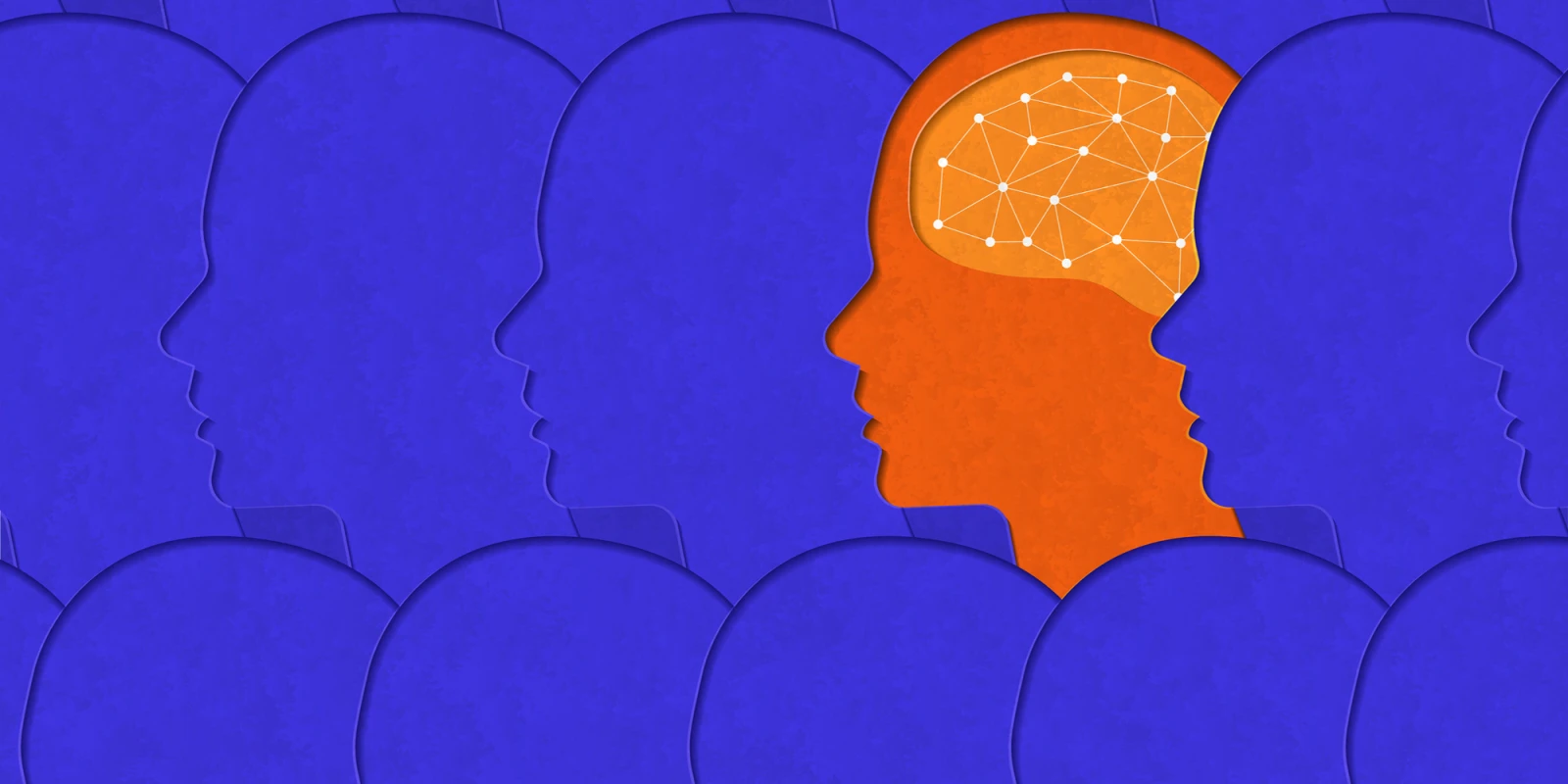
Motivation is a strange bedfellow! It waxes and wanes over time and with the changing of seasons. It can be our best friend or our worst enemy. It can be the key to our success or to our failure.
Psychologists have many different theories about what motivates human behavior.
- The first is the intrinsic theory of motivation, which states that evolution and intrinsic traits — anger, shame, love — drive motivation.
- The second is the incentive theory, which states that people are motivated by external rewards.
- The third is the drive theory, which postulates that human behavior is motivated by the desire to reduce internal tensions caused by unmet needs.
- The fourth is the humanistic theory, which states that people are motivated by a desire for self-actualization.
- The fifth is the expectant theory, whereby formulation of expectations about the future drives behavior.
- Finally, there is the theory that all motivation is a result of either reward or punishment (i.e., the carrot-or-stick theory of motivation).
And the list of theories goes on and on …
Do you ever stop to wonder what motivates you? Which of these theories applies most to you? In Cardiology, when the long call nights and grueling clinic days take a toll on my motivation, I have found myself wondering: what is it that really keeps me going?
Although I love my patients (and if asked any day of the year what my primary motivation is, I would immediately answer with “taking good care of patients”), I know that in reality my motivation is likely to be much more complex and multifactorial. I am a firm believer that given the significant demands of clinical medicine, it is often our non-clinical activities that keep us most engaged, motivated, and innovative — characteristics that incorporate all the theories of motivation mentioned above. For some, these activities include time with family and friends or beloved hobbies. For others, it is the desire to push the frontier of medicine forward and leave a lasting impact with research that keeps the midnight oil burning. For those administratively inclined, it might be doing programmatic development for their practices or hospitals. And for still others, it is a desire for lifelong learning and engagement with the community that keeps them going.
So, how then does one balance the desire to engage in activities outside work with the practical logistical constraint of there being only 24 hours in a day? And, do we really “make time” in our lives for the things that are important to us — or is it a zero-sum game, whereby committing to one activity automatically detracts from another?
For those of you who say it is a zero-sum game, I challenge you to change your thinking! The wonderful thing about motivation is that it makes you happier, more efficient, more organized, and more effective in every facet of your life. So, if you find the right combination of motivating things, you could not only take on more, but you would also perform all of your tasks better and feel happier (a win-win situation)!
Notwithstanding all the theories of motivation out there, the really hard thing is perhaps realizing how much control we have over our motivation. Unlike many activities in our life, over which we have no control, the choices we make everyday significantly influence our short- and long-term motivation. And, the more we understand about our motivations, the less the likelihood we will experience physician burnout — and the more fulfilling our careers will become.
The bottom line is that, just like the tide, motivation ebbs and flows. There will be days when your motivation wanes, and that’s when “keeping your eye on the ball” will help you to find it again. And motivation is contagious! If you surround yourself with positive, motivated individuals, your own productivity and motivation levels will automatically increase.
I urge you to get out there and find your “muse” outside the exam room. Whether it’s signing up for an ACC committee or painting a mural, find a few minutes each day of uninterrupted time for something important that keeps you motivated. Trust me, the payoff will be far more than you ever imagined!
What keeps you motivated? What (or who) is your “muse”?
Payal Kohli, MD is a cardiologist and a 2018–2019 Doximity Author.





